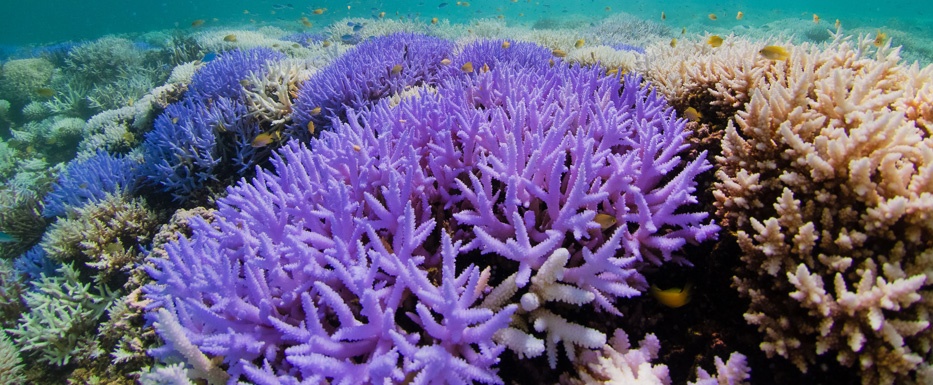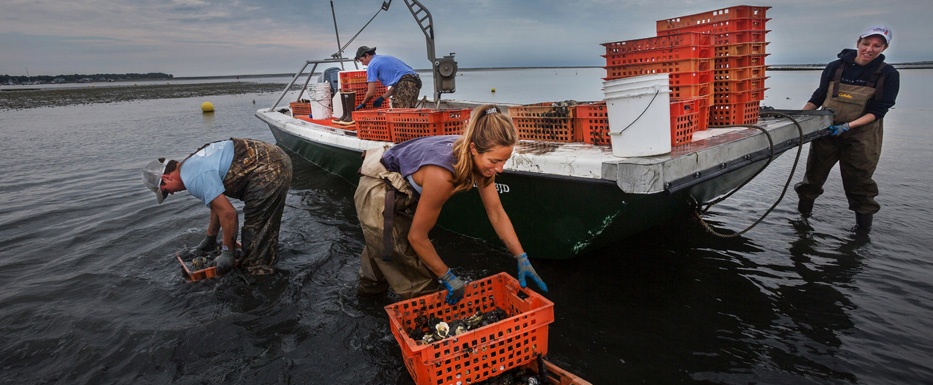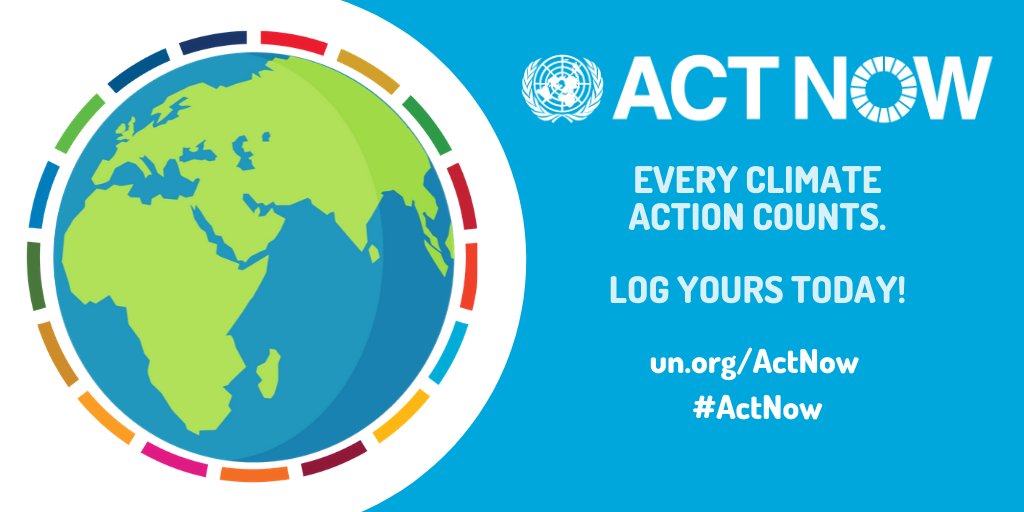Photo courtesy Anders Nyberg
10 THINGS TO WATCH OUT FOR DURING WORLD OCEAN WEEK
June is an important time to celebrate and observe the state of our natural world. More importantly, it is a significant opportunity to better understand and explore options to raise your voice and roll up your sleeves for the environment. From World Environment Day (5 June) to World Oceans Day (8 June), there are numerous ways to get involved, even while at home.
Check out our list of events and interactive activities scheduled for World Ocean Week (8 to 12 June). A more comprehensive list of events is available on the UN’s World Oceans Day website.
1. Start exploring the week before
The week ahead of World Ocean Week is a critical time to create awareness on the state of our environment and biodiversity, starting with World Environment Day (5 June).
This year, the UN Environment Programme (UNEP) has issued a call to action in its latest campaign to remind everyone that human health is intricately linked to the planet’s health – from the air that we breathe to the food that we eat. Called “Time for Nature,” the campaign is enlisting everyone – from governments to individuals to faith leaders – to join forces to combat today’s unprecedented biodiversity loss and natural world degradation.
Check out the Reboot the Ocean event – a global hackathon featuring inspiring young people with innovative and techy solutions to today’s ocean challenges.
Other noteworthy events
1 to 5 June
Virtual Ocean Dialogues organized by the World Economic Forum and the Friends of Ocean Action
3 June
Asia-Pacific webinar organized by the United Nations Department of Economic and Social Affairs (UN DESA) to keep the momentum for ocean action

Don’t miss cooking demonstrations by world renowned chefs using sustainably-sourced seafood – live on the @unworldoceansday and @relaischateaux Instagram accounts.
3 June – South African Chef Peter Tempelhoff
10 June – American Chef David Kinch
2. Join the UN World Oceans Day Global Celebration
This year’s commemoration (8 June) will focus on the Day’s theme, Innovation for a Sustainable Ocean. The event, organized in partnership with Oceanic Global, will highlight innovations from around the world designed to improve the health of the ocean and the planet.
Key participants
UN Secretary-General
António Guterres
Oeanographic explorer
Jean-Michel Cousteau
Actress and co-founder of EcoResolution
Cara Delevingne

3. Why does Ocean Science matter?

Ahead of the UN Decade of Ocean Science for Sustainable Development, the UN Educational, Scientific and Cultural Organization will host an Ocean Literacy Summit to mark the importance of scientific knowledge and how ocean literacy can help transform sustainable production and consumption practices across the world.
Every year, the world consumes up to 5 trillion plastic bags and a staggering 8 million tonnes of plastic waste ends up in the ocean every year. Learn more about cutting down our plastic use with UNEP’s Clean Seas campaign.
4. Find out more about the Ocean-Climate-Biodiversity Nexus

Photo courtesy: Alex Lindbloom
Sponsored by the UN Foundation, this high-level Global Action for Oceans, Climate and Biodiversity event is part of the Capitol Hill Ocean Week 2020. Leaders from across the UN system will share their insights into the ocean-climate-biodiversity nexus, ongoing work to safeguard ocean health, the impact of COVID-19 on ocean action and critical next steps.
Key speakers include: Peter Thomson, UN Secretary-General’s Special Envoy for the Ocean; Patricia Espinosa, Executive Secretary of the UN Framework Convention on Climate Change; Elizabeth Maruma Mrema, Convention on Biological Diversity.
5. Explore Partnerships to Transform Ocean Industries

United Nations photo: IMO
The International Maritime Organization has launched several projects with its partners to counter a range of challenges in the maritime sector, including the shipping and oil industries – from encouraging transformation towards a lower carbon future, promoting safe and environment-friendly ship recycling to putting in place oil spill preparedness and response plans.
Find out how the UN Global Compact is working with its government, business and other partners to transform ocean industries through its Sustainable Ocean Business Action Platform. Read the Compact’s latest recommendations to Governments to keep global ocean-related supply chains moving during the COVID-19 pandemic given that almost 90 per cent of the global trade of goods is carried by vessels.
Want to know more about the sustainable ocean economy? A group of world leaders and leading experts, led by Norwegian Prime Minister Erna Solberg, have formed a High-level Panel on Sustainable Ocean Economy to build a shared understanding of and recommendations for improving the state of the ocean economy and ecology. Their thematic Blue Papers provide robust, fact-based information on a range of ocean issues.
6. Coral Reefs in Luminescent Colours: The Ultimate Visual Warning

Photo courtesy: The Ocean Agency/ XL Catlin Seaview Survey
About 25 to 50 per cent of the world’s coral reefs have been destroyed and another 60 per cent are under threat. Considered rainforests of the ocean, coral reefs are the most biodiverse ecosystems on Earth, supporting a quarter of all marine life. They also remain a vital source of new medicine.
To create awareness about coral bleaching – considered one of the greatest threats to marine habitat due to climate change – UNEP and its partners, such as the Ocean Agency, have launched the Glowing Glowing Gone Campaign. Working with Pantone colours, the initiative captures a period of stress as the reefs glow in luminescent colours to protect themselves during extreme heat waves before they die.
7. Go for a virtual dive!

The Ocean Agency, one of UNEP’s creative partners, has teamed up with Google to offer a wealth of education resources to help people feel close to the ocean. Below are some exciting options to explore.
- Take an Ocean Safari Quiz
- Find the Centre of Life on Earth
- Look for Sea Dragons in Sydney
If you are feeling inspired, join the Save the Ocean creative challenge, organized by UNEP, The Ocean Agency and Adobe. Make your own digital video using existing footage and latest applications. Read UNEP’s interview with Richard Vevers, the head of The Ocean Agency, on why we should care about coral reefs.
8. Access Ocean Images from Award-winning Photographers

2019 Winner. Photo courtesy: Lauren Lambert
Every year, the United Nations and its partners host a photo competition aiming to capture the diverse ocean life and our interaction with the marine environment. Last year’s winning entries featured powerful images from award-winning photographers, covering a variety of issues from biodiversity to conservation.
Winners of this year’s contest will be announced at the UN World Oceans Day Global Celebrations on 8 June. In the meantime, check out the breathtaking photos from previous years. Some of these photos are also part of a photo exhibit, Our Beautiful Ocean, organized by the United Nations.
For more resources, also explore The Ocean Agency’s collection of media quality imagery made available for free for non-commercial use to support global efforts to save coral reefs.
9. Make a commitment!

Photo courtesy: Ocean Action/Lauren Lambert
If you or your organization are making efforts to care for the ocean and its resources, we want to know! Register your commitment with the United Nations. Launched in 2017, ahead of the first UN Ocean Conference, the registry now has more than 1,600 commitments, ranging from sustainable fishery programmes, mangrove and coral reef conservation to marine data collection projects.
Moreover, behind each commitment is an inspiring story of ocean action. UN DESA has coordinated all of the commitments into nine active Communities of Ocean Action categories, including marine technology, sustainable blue economy and the law of the sea. Contact us to learn more about the initiatives, how they are being implemented and supporting local communities.
10. Check out ways to contribute to a healthier ocean, cleaner environment and happier planet

If you are not sure about what kind of commitments to make – below are some options to consider, even while at home. Don’t forget to use #SaveOurOcean.
ActNow Climate Action Campaign
A big part of changing our habits and routines means changing our consumption patterns and making choices that have less harmful effects on the environment. Our flagship campaign looks at how we can make a difference every day, from the food they eat to the clothes they wear. #ActNow
Did you know that personal care products are a major source of microplastics? They get washed away into the oceans through our bathrooms. UNEP challenges you to explore your bathroom and share any sustainable switches you have already made or plan to make. #CleanSeas
UNEP has launched a new campaign, #ForNature, for World Environment Day. It’s a chance to raise your voice and tell the world why it’s time for nature, why you love nature and what you’re doing to care for it.

